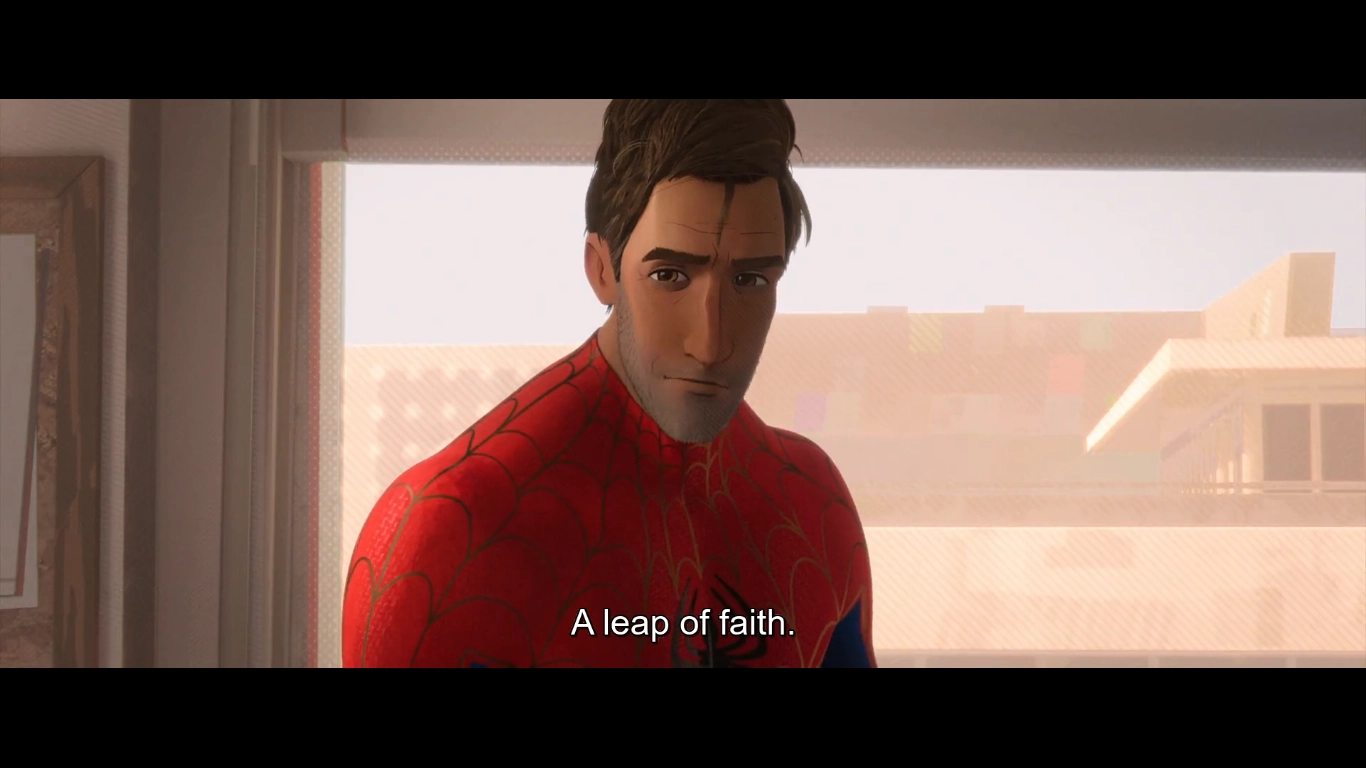
I recently watched Spider-Man: Into the Spider-Verse and thoroughly enjoyed the immensely popular animation film. But I will not be discussing the film in this blog. What I am rather interested in is a phenomenon I have noticed happening quite a few times now which needs writing for a deeper understanding.
Here is the premise: While pondering one afternoon browsing through my Letterboxd to find a movie to watch, I noticed being visibly bored. Very bored. I needed a way out. Not unusual. But as I honed in on this movie and turned it on, for the first 30 mins I was distracted and consistently felt uneasy. I rewound the scenes multiple times to watch and listen to the dialouges again and again as I kept missing them while my mind was trying to settle down. I eventually got irritated to the point that I decided to pause the movie and went to bed for a nap. I just could not continue anymore. I was not enjoying it. I knew the movie had a good feel about it, otherwise I would not be arsed to even download and play it in the first place.
Right. So now that the context is out of the way, let's move along. This is not the first time I have felt distracted and out of shape trying to watch a film.
The issue for me and the one I am trying to make a point for is this: if a person is consuming a media while clearly distracted/busy/focused on other things, do they take into account the cirsumstances they watched the media in when they rate if they enjoyed it or not? My assumption is that if a person is in a bad mood or distracted because of others matters, it leads them to consume the media in a way which is unnatural. And since it is unnatural, how they percieve the media to be good or bad is decided unnaturally as well.
Now my concern is this: any good media, by good I mean something a person would enjoy consuming, will erase away their distractions and make them feel good or relaxed or excited, etc. So, going by this idea, the distractions do not matter since if the person is enjoying the media, they won't be distracted anymore since the media would grab their attention.
What if, it doesn't? What if a media is "actually" rated good, meaning it is critically acclaimed, but the person consuming the material just doesn't feel like it. They cannot concentrate on what they are looking at. Now, since they didn't actually enjoy the media, they might naturally think it was bad and rate it poorly.
Now, what I am trying to create an understanding about is this: How often do people take into account the conditions and circumstances in which a media was consumed while they rate it? And if a media was consumed with a distracted mind and found to be of bad taste, would they have liked it if it were to happen in a controlled environment with no distractions?
The reason I talk about this scenario is because human beings are distracted by definition. We are multi-taskers. We shouldn't be. But we do it anyways, more often than ever in a digital world. Thus it is very likely most of the media on a regular basis is being consumed by distracted minds who are not fully paying attention to what is going into their brains. And that then translates to mood dependent opinions, discussions, and ratings.

I also however believe that this is perhaps not the right way of thinking. Because usually there is no hard and fast rule set by the creator of the media on how you should consume it. As the Spider-Man would say, its a leap of faith.
My own personal experience is that I have always tried to brute force my way through a media if I felt distracted and not in the moment. The recent case is the first time I made a decision to pause. When I continued the movie later on in the evening, I breezed through it. It was fantastic to watch the animation and the music was cool. But even after the movie ended I kept feeling uneasy about the whole situation. Ultimately, since I genuinely enjoyed the 2nd stint of watching, I rated it highly. I wonder how I would have rated it if I brute forced that afternoon. I wouldn't have enjoyed it as much as I did later, that is for sure.
By the way, pausing media can also be a distraction in itself since there's a possibility that a break in consumption may lead to friction and make me either like or dislike it unnaturally.
I think while the large section of the population consumes media with a distracted mind on a regular basis it doesn't really matter since that is actually what leads to differentiated opinions and ratings. Imagine if everybody started to consume media in specific controlled environments. It might lead to one-way opinion train which will make media discussions and the overall culture pretty lame and boring.
So, perhaps at the end of the day nothing else matters except our own enjoyment. Not what we consume and neither the environment. Or maybe it is the human nature we are dealing with and not economics and math, where we can be a judge assuming things and using constants.
Tagged: Culture
← Back to the blog